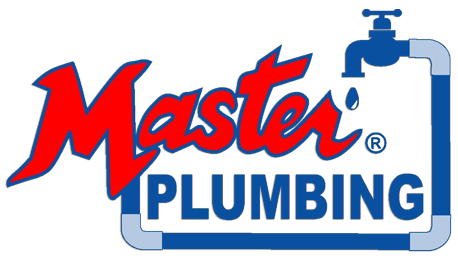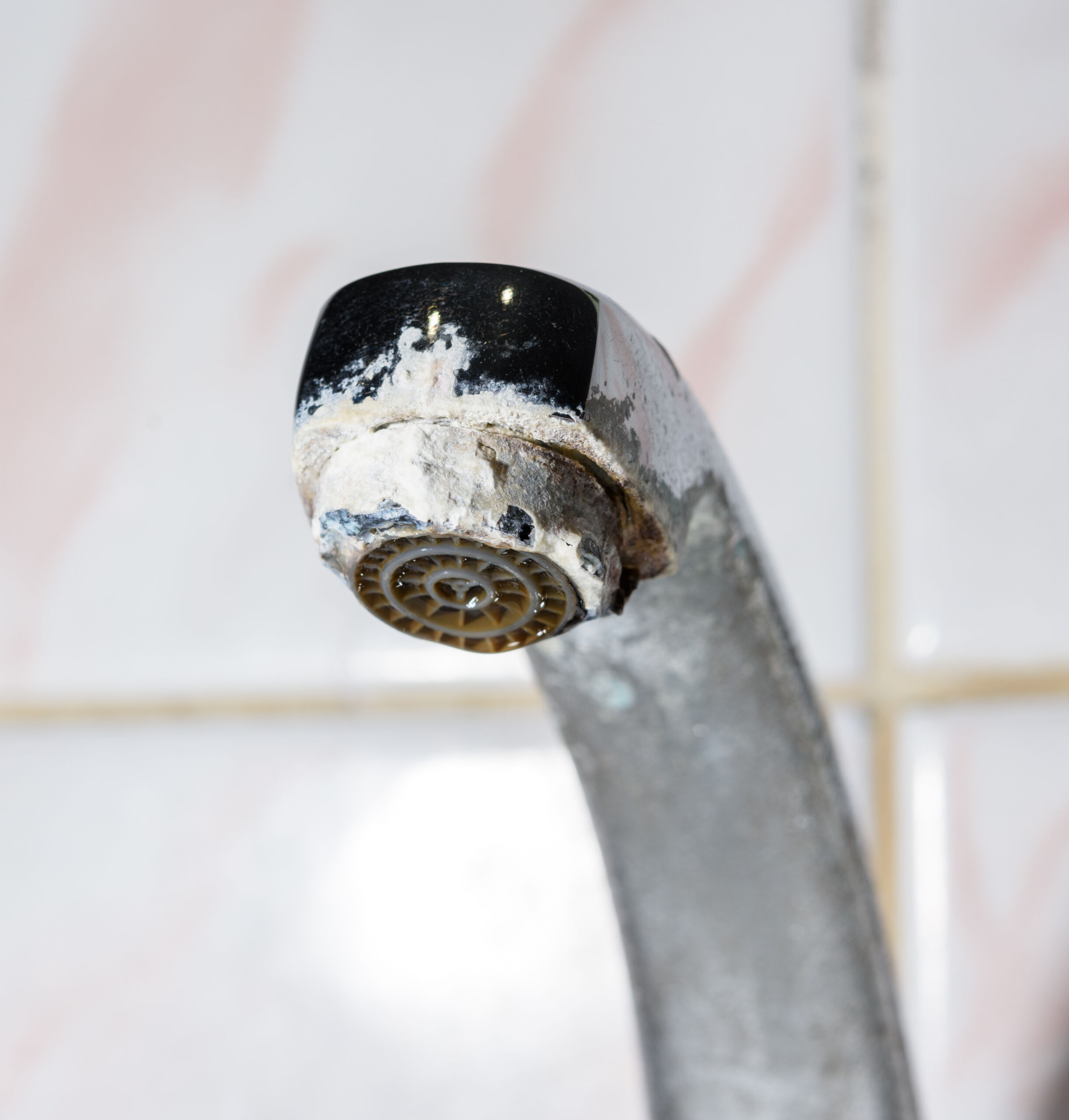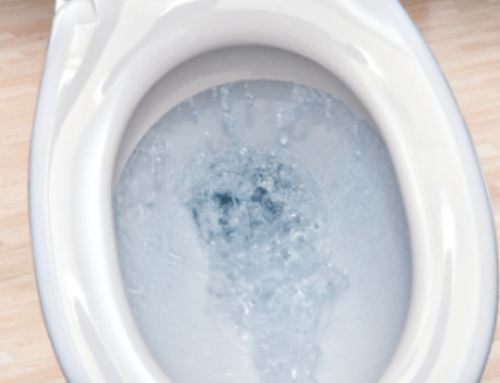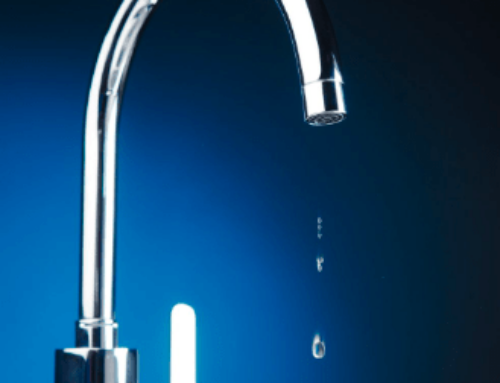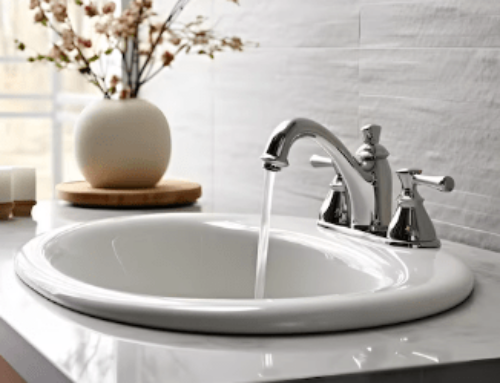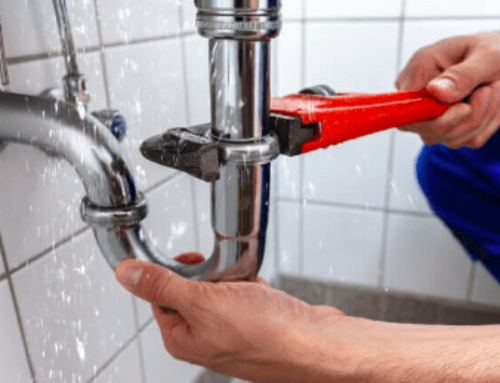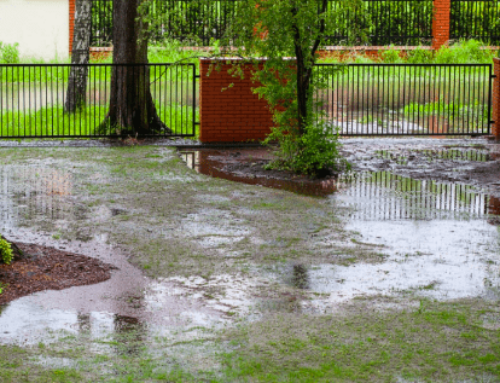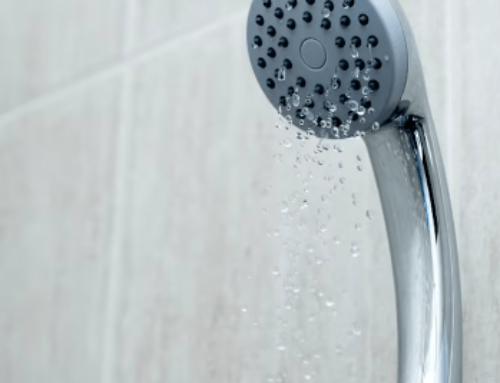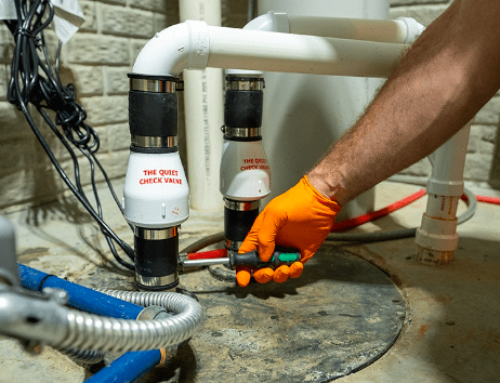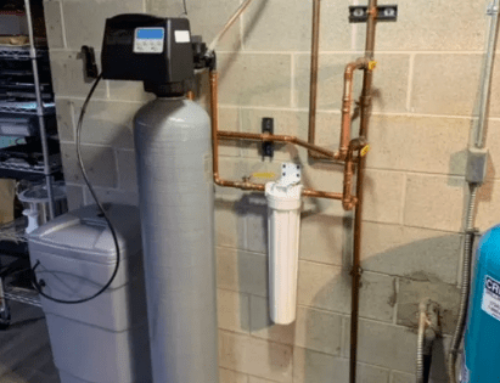Limescale buildup is an unsightly and potentially harmful problem that can occur in any home with a water supply. It’s caused by the minerals in your water, most notably calcium and magnesium, which combine to form a hard, chalky substance that can build up on your plumbing fixtures over time. If left untreated, limescale can lead to corrosion and clogs, both of which can cause serious damage to your home. In this article, we’ll discuss how limescale forms and some tips for preventing it from building up in your home.
Limescale buildup is most commonly found in homes with hard water, which is water that contains high levels of minerals. When water containing these minerals comes into contact with metal surfaces, the limescale can form and attach itself to the surface. Over time, limescale buildup can become significant enough to cause problems like clogged pipes and decreased water pressure. In extreme cases, limescale buildup can even lead to pipe bursts.
What is Limescale?
Limescale is a chalky, white substance that is made up of calcium and magnesium carbonates. These minerals are found naturally in water supplies, but they can also be added by man-made processes like desalination. Desalination is the process of removing salt and other minerals from water, and it’s often used to treat water for domestic use. While desalination can remove some limescale-forming minerals from water, it doesn’t remove all of them. As a result, limescale can still build up in homes with treated water.
Preventing Limescale Buildup
Install a water softener
A water softener is a device that removes minerals from water, including limescale-forming minerals. Water softeners work by exchanging the calcium and magnesium in hard water for sodium or potassium ions. This process is called ion exchange, and it’s effective at reducing limescale buildup. Water softeners can be installed on their own or as part of a whole-house filtration system.
Utilize Limescale Filters
Limescale filters are devices that are installed on your water supply line. These filters work by trapping limescale-forming minerals before they have a chance to build up on your plumbing fixtures. Limescale filters are typically made of activated carbon, which is a type of charcoal that has been treated to make it more porous. This pores trap the minerals in the water, preventing them from building up on your fixtures.
Clean with Vinegar
Vinegar is a mild acidic solution that can help to break down limescale deposits. You can use it full-strength or diluted with water, depending on the severity of the limescale buildup.
What problems can limescale buildup cause?
- Clogged pipes: Limescale buildup can restrict the flow of water through your pipes, eventually leading to clogs.
- Decreased water pressure: Over time, limescale buildup can cause your fixtures to lose water pressure.
- Pipe bursts: In extreme cases, limescale buildup can lead to pipe bursts due to the increased pressure on the pipes.
Remove Limescale Buildup
Limescale Removers
Limescale removers are products that are designed to break down limescale deposits. There are a variety of limescale removers on the market, including liquids, gels, and powders. Some limescale removers contain acids that help to dissolve the limescale, while others rely on alkaline solutions.
How to Use Limescale Removers
Limescale removers can be used on their own or in conjunction with other limescale prevention methods. When using a limescale remover, it’s important to follow the manufacturer’s instructions carefully. Some limescale removers are safe for use on all surfaces, while others should only be used on certain types of surfaces. In addition, limescale removers can vary in strength, so it’s important to choose one that is appropriate for the severity of the limescale buildup.
Precautions
Limescale removers are typically safe for use in households, but there are some precautions that you should take. First, limescale removers can be corrosive, so it’s important to use them carefully. Second, limescale removers often contain harsh chemicals, so it’s important to wear gloves and protective eyewear when using them. Finally, limescale removers should be used in well-ventilated areas to avoid inhaling the fumes.
Holistic Methods
Vinegar
Vinegar is a mild acidic solution that can help to break down limescale deposits. You can use it full-strength or diluted with water, depending on the severity of the limescale buildup. Vinegar baths are good solution for fixtures. You can do this with a variety of methods. If the fixtures are easily detachable you can remove them and place in a bucket or tub of vinegar solution. Another popular way to do vinegar baths is by placing a hole free plastic bag filled with vinegar solution on the fixture and securing it to let it sit.
Vinegar is safe for use on all surfaces, but it’s important to exercise caution when using it on delicate surfaces like marble or granite. In addition, vinegar can be corrosive, so it’s important to use gloves and protective eyewear when using it. Finally, vinegar should be used in well-ventilated areas to avoid inhaling the fumes.
Baking soda
Baking soda is a mild abrasive that can help to remove limescale buildup. When used with water, it forms a paste that can be scrubbed onto surfaces to remove limescale. Baking soda is safe for use on all surfaces, but it’s important to exercise caution when using it on delicate surfaces like marble or granite.
Lemon Juice
how does lemon juice remove limescale buildup ?
Lemon juice is a mild acidic solution that can help to break down limescale deposits. You can use it full-strength or diluted with water, depending on the severity of the limescale buildup. Lemon juice is safe for use on all surfaces, but it’s important to exercise caution when using it on delicate surfaces like marble or granite.
Salt
Salt is a mild abrasive that can help to remove limescale buildup. When used with water, it forms a paste that can be scrubbed onto surfaces to remove limescale. Salt is safe for use on all surfaces, but it’s important to exercise caution when using it on delicate surfaces like marble or granite.
Preventing limescale buildup in your home is the best way to protect your plumbing and keep your fixtures looking like new. By following the tips above, you can help to ensure that limescale isn’t a problem in your home.
